Blog vs. SEO-Optimized Blog
At-A-Glance
Understanding the difference between a regular blog and an SEO-optimized blog can significantly impact your business revenue through online visibility and traffic. If your posts aren’t optimized for search engines, you’re missing out on website visitors and potential new customers.
Blogging is a tool for sharing ideas and connecting with your audience. But here's the truth: just having a blog isn't enough, and not all blogs are created equal.
If you're a small business owner, chances are you've heard that blogging can help grow your brand. Done right, with a blog structured and optimized for SEO, blogging can be an effective way to generate revenue. Without SEO, the ability for blogs to lead to revenue is greatly reduced, if not eliminated.
We'll explore these differences and provide insights on how to enhance your blog's performance through effective SEO strategies.
What is a Blog Versus an SEO-Structured Blog?
A blog is a post or article on your website that shares information meaningful to your target customer or client. It can be about your services, industry news, or helpful tips. In particular, a blog is a form of content marketing.
According to the American Marketing Association, content marketing refers to “the strategic creation and distribution of valuable, relevant content designed to attract and engage your target audience.”
Unless a blog is structured and optimized for search intent, it typically may not be easily found by search engines like Google. Search intent is the term describing the goal or reason behind a particular question into a search engine. Is the user looking for general information, a specific service, or to contrast product offerings? Your blog should answer these questions to influence the SEO.
What Does SEO-Optimized Mean?
SEO stands for Search Engine Optimization. It’s the process of writing, formatting, and structuring your blog so it shows up higher in search results pages or (SERPS) when someone enters a question or phrase into Google. In fact, “On average, 69% of clicks go to the first five organic search results for any keyword,” as reported by the American Marketing Association.
When you write an SEO-optimized blog, you’re not just sharing your ideas—you’re answering real questions people ask online.
Key Differences Between a Blog and an SEO Blog for Search Engine Visibility
Here are three key differences between a blog post and an SEO-optimized one:
-
A standard blog is an article discussing a particular topic. An SEO blog, on the other hand, begins with keyword research. Using tools like Google’s Keyword Planner or SEMRush, you can identify phrases people are actually typing into search engines. Then, you build your blog around those terms. This makes your content more discoverable and relevant to your audience’s real needs.
SEO blogs are about matching your content to the words your future customers are already using. That’s how you turn a blog into a traffic-driving machine.
-
SEO-optimized blogs are written with one key goal in mind: to serve your ideal customer.
Instead of writing about what you want to say, focus on what your audience wants to know. That means answering questions, solving problems, and speaking directly to the reader’s pain points in plain, helpful language.
When you create this value-packed content, you do more than educate—you build trust. Readers begin to see you as a resource who understands their needs. Over time, that trust turns into loyalty, and loyal readers are more likely to become paying customers.
Search engines like Google reward this kind of content because it aligns with what users are actually looking for with the search intent. That’s why putting your audience first isn’t just good marketing—it’s smart business.
-
SEO blogs often answer informational questions, such as “who, what, why, how, etc.” Google wants to rank reliable, helpful, and informative content.
Answering these types of questions in your blog posts help develop trust and credibility for your readers.
How To Make Your Site SEO-Friendly With On-Page SEO
On-Page SEO are the elements you control on your site. These include:
Meta or SEO descriptions and titles tell what the page is about.
Headings and subheadings organize content and improve readability.
Alt text or “alternative text” for images helps accessibility and search visibility.
Internal links guide people to other helpful pages.
More than 50% of users browse on mobile, so your site must be easy to use on any screen.
Better Experience, More Revenue
User experience is an integral part of SEO. When users find what they need fast:
They stay longer.
They explore more pages.
They’re more likely to buy or contact you.
A clean layout and design, fast load times, and helpful content all work together. A high-quality user experience makes navigation as seamless as possible so users can quickly find what they are looking for. On the other hand, if the user experience is poor, people will not have a reason to engage with your content and leave your site.
Why SEO Matters for Small Businesses
As a business owner, you work hard and don't want to spend time on writing things that people won't read.
An SEO-optimized blog works while you sleep. It brings in:
More organic traffic from Google
Visitors are already searching for your services (ex., health insurance agent + location)
Leads you can turn into paying customers
It’s like having a sales team that runs 24/7.
And the more SEO blog posts rather than plain blog posts you have, the better your chance of ranking. It’s a long-term game that can yield significant returns over time to drive revenue for your small business.
FAQs
-
Local SEO helps you target nearby customers while also improving your spot in local search results.
To help people find your business online, set up a free Google Business profile so you show up on Google Maps and for local searches.
Make sure your business name, address, and phone number are exactly the same everywhere online, because if they don't match, search engines might get confused and not show your business as high in local results. Also, use words like your city or neighborhood in your online content to help local customers find you.
If your site appears high in the results, more people will visit it. By following SEO writing best practices, SEO-optimized blogs support the search engine results to drive website revenue.
-
SEO is one of the smartest ways to bring in steady revenue over time. When your business shows up in search results, your website has the chance to make sales every single day–all because of the power of SEO.
It works while you sleep. From online orders, store visits, and phone calls, your site keeps delivering. Google never takes a day off, so your business keeps growing around the clock.
-
Blogging can help your website show up higher in search results. A blog lets you write content that answers different types of search questions, bringing in more visitors. Fresh blog posts also encourage search engines to index your site more often.
Quality blog content is more likely to earn links from other sites, which helps your rankings. Plus, blogs make it easier to guide visitors to other pages on your site. Overall, blogging builds trust and supports long-term growth through better SEO.
Contact Us
Based in Franklin, we serve clients across the area, including Cool Springs, Murfreesboro, and Nashville, as well as nationwide. Whether you need SEO-optimized blog posts or landing pages, we can help your website Get Found and Drive Revenue. Contact PageFound today to schedule a free consultation.


